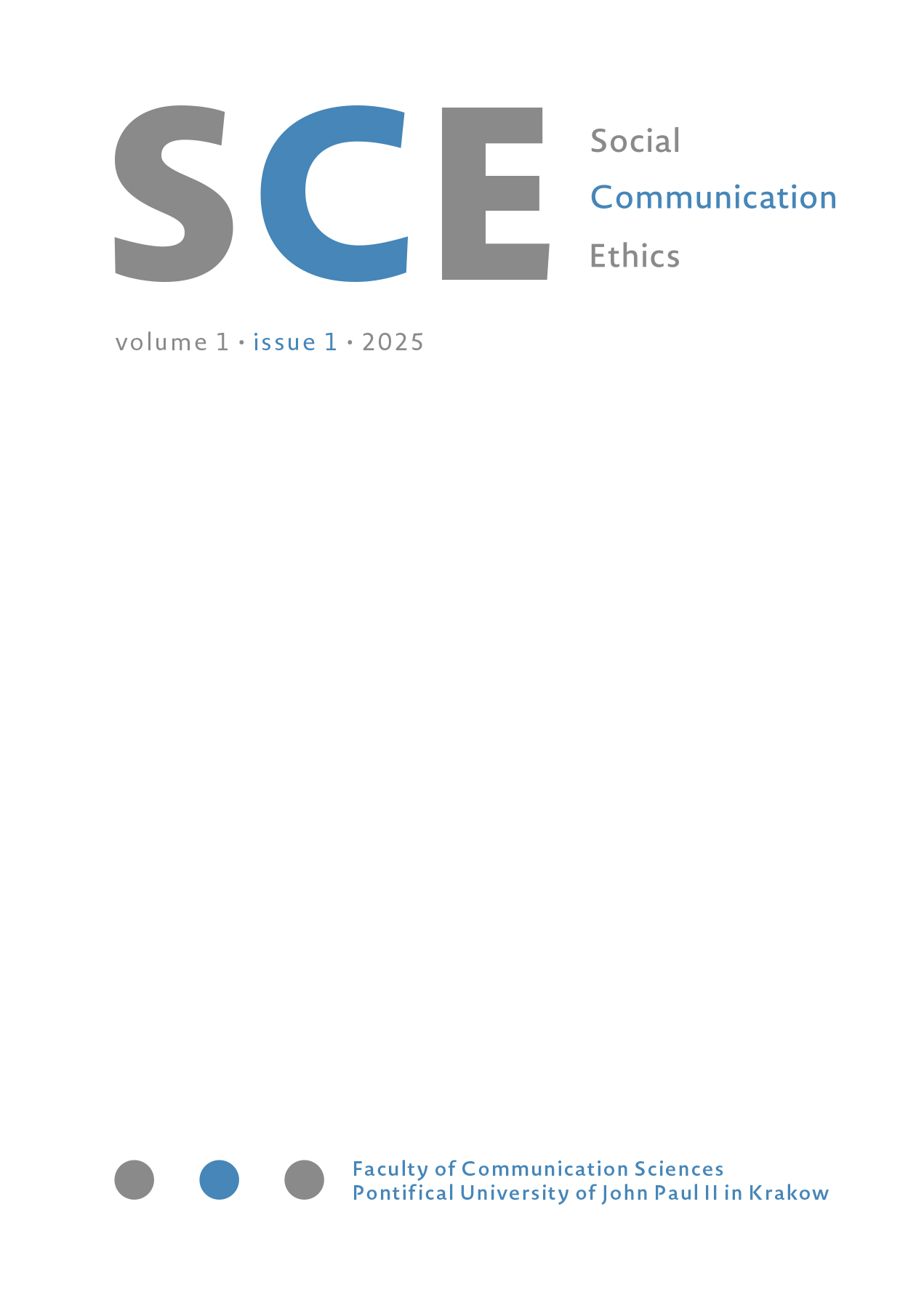Competence in literary translation in the past and today. With reference to two specific examples covering a period of 40 years in Hungary
DOI:
https://doi.org/10.15633/sce.01104Keywords:
Élet és Irodalom, PETRA-E Framework of Reference, literary translation research, literary translation competence, literary translation trainingAbstract
Literary translation remains a debated topic within translation studies. While consensus exists for technical translation regarding competence and training, opinions differ for literary translation. This research places the concept of literary translation competence in historical context by analyzing two examples spanning 40 years. In 1975, István Bart initiated a discussion in the Hungarian magazine Élet és Irodalom on the status of literary translation and translators in Hungary. The study reviews contemporary ideals from that period. It then presents the PETRA-E Framework, a recent project outlining the knowledge, skills, and attitudes expected from literary translators at different career stages. As both a competence model and educational guide, PETRA-E defines qualification criteria for evaluating translation competence. The aim is to summarize evolving views on literary translation competence through these two case studies.
References
CEN 2006. EN 15038. Translation services – Service requirements, p. 5.
Jones, F. R. (2011). Poetry translating as expert action. John Benjamins Publishing Company.
Kahrizsangi, A. A. S., & Haddadi, M. H. (2017). An inquiry into the challenges of literary translation to improve literary translation competence with reference to an anecdote by Heinrich von Kleist. Journal of Education and Learning, 6(3), 350–357.
Klaudy, K. (2006). Bevezetés a fordítás elméletébe (introduction to the theory of translation). Scholastica.
Lesznyák, M. (2024). Translation competence. Theory, research and practice. Across Languages and Cultures, 25(1), 185–191.
Lőrincz, J. (2007). Kultúrák párbeszéde (Dialogue of cultures). Líceum Kiadó.
Orozco, M., & Albir, A.H. (2002). Measuring translation competence acquisition. Meta, XLVII(3), 375–402.
Parkko, T. (2012). Runouden ilmiöitä. Avain.
Percec, D., & Pungă, L. (2017). Developing literary translators’ competence. A multi-leveled approach. Romanian Journal of English Studies, 14(1), 122–131.
Pusztai-Varga, I. (2008). Műfordítók mint kulturális brókerek. Egy terminus útja a kultúrakutatástól a műfordításig (translators as cultural brokers. The path to a terminus from cultural research to translation). Fordítástudomány (Science of Translation), 10(2), 39–47.
Pusztai-Varga, I. (2022). Mézescsók, dögcédula, szauna. HTSART U M K.
Sohár, A. (2024). Műfordítók és műfordításhoz szükséges kompetenciák. In Varietas delectat. https://mersz.hu/hivatkozas/m1143vd_102/#m1143vd_102-https://mersz.hu/hivatkozas/m1143vd_111/#m1143vd_111)
Toury, G. (1995). Descriptive Translation Studies and Beyond. John Benjamins.
Downloads
Published
Issue
Section
License
Copyright (c) 2025 Ildikó Pusztai-Varga

This work is licensed under a Creative Commons Attribution 4.0 International License.
Authors who publish in this journal agree to the following terms:
- Authors retain the copyright and full publishing rights without restrictions and grant the journal right of first publication with the work simultaneously licensed under a Creative Commons Attribution 4.0 International License that allows others to share the work with an acknowledgement of the work's authorship and initial publication in this journal.
- Authors are able to enter into separate, additional contractual arrangements for the non-exclusive distribution of the journal's published version of the work (e.g., post it to an institutional repository or publish it in a book), with an acknowledgement of its initial publication in this journal.
- Authors are permitted and encouraged to post their work online (e.g., in institutional repositories or on their website) prior to and during the submission process, as this can lead to productive exchanges, as well as earlier and greater citation of published work (See The Effect of Open Access).

